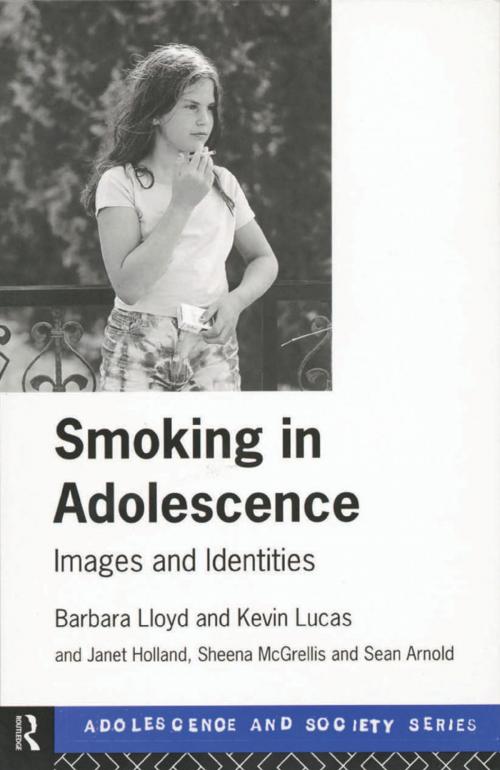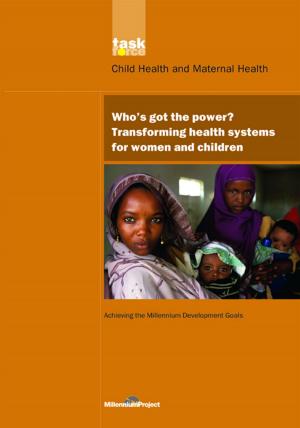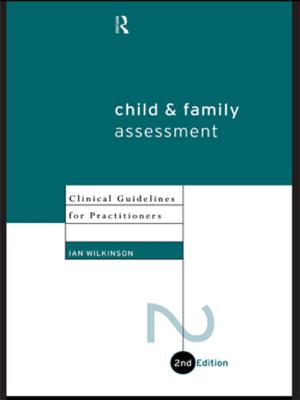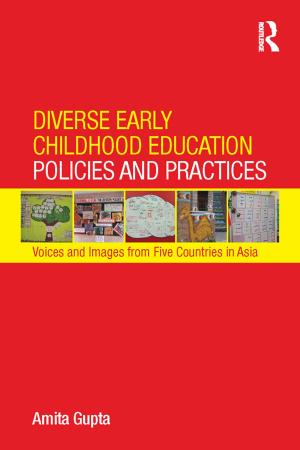| Author: | Barbara Lloyd, Kevin Lucas | ISBN: | 9781317724964 |
| Publisher: | Taylor and Francis | Publication: | January 14, 2014 |
| Imprint: | Routledge | Language: | English |
| Author: | Barbara Lloyd, Kevin Lucas |
| ISBN: | 9781317724964 |
| Publisher: | Taylor and Francis |
| Publication: | January 14, 2014 |
| Imprint: | Routledge |
| Language: | English |
What factors influence adolescents to take up smoking? Why do more girls smoke than boys? In contrast to medical orthodoxy, Smoking in Adolescence looks at smoking from the adolescents' own points of view. What emerges is that regular smokers are seen as fun-loving and nonconformist; cigarettes are a passport to a fashionable, popular and 'hard' identity.
Young people create, and are influenced by, complex images of smokers and nonsmokers. Barbara Lloyd and Kevin Lucas explore the psychological dimensions such as social environment, family, peers, stress and coping, body image, mood and pleasure. They suggest how anti-smoking interventions should be re-evaluated to take account of this new evidence throughout the school curriculum.
Smoking in Adolescence will be of practical interest to teachers, youth workers, health professionals and parents as well as students of psychology.
What factors influence adolescents to take up smoking? Why do more girls smoke than boys? In contrast to medical orthodoxy, Smoking in Adolescence looks at smoking from the adolescents' own points of view. What emerges is that regular smokers are seen as fun-loving and nonconformist; cigarettes are a passport to a fashionable, popular and 'hard' identity.
Young people create, and are influenced by, complex images of smokers and nonsmokers. Barbara Lloyd and Kevin Lucas explore the psychological dimensions such as social environment, family, peers, stress and coping, body image, mood and pleasure. They suggest how anti-smoking interventions should be re-evaluated to take account of this new evidence throughout the school curriculum.
Smoking in Adolescence will be of practical interest to teachers, youth workers, health professionals and parents as well as students of psychology.















